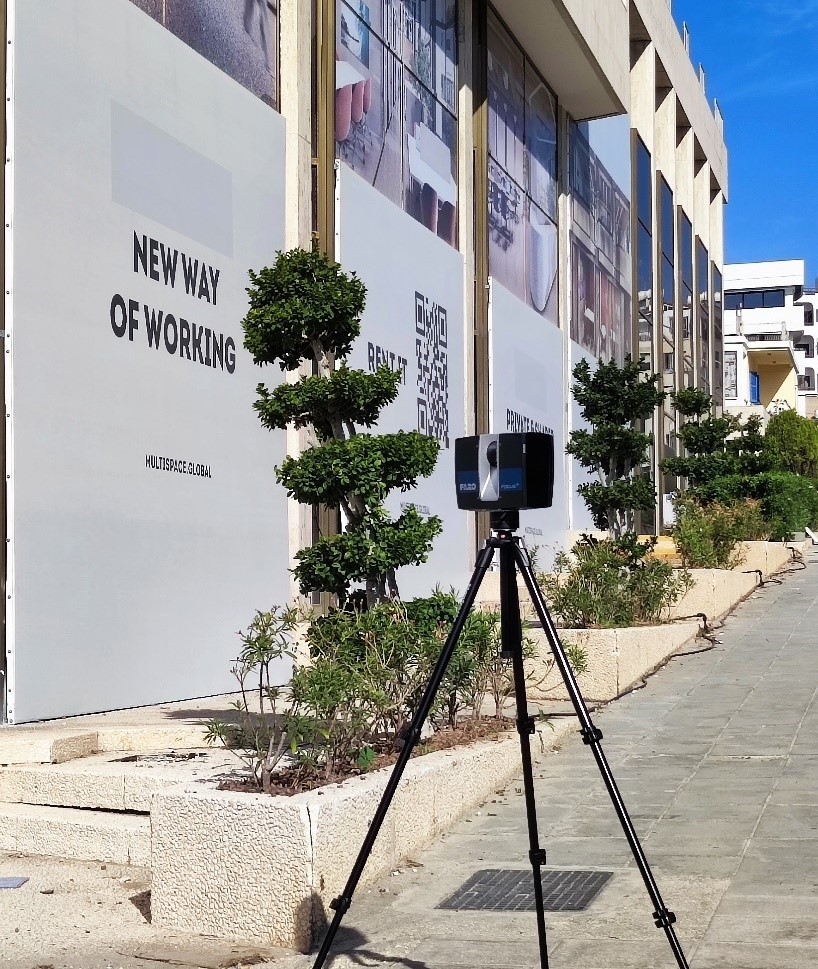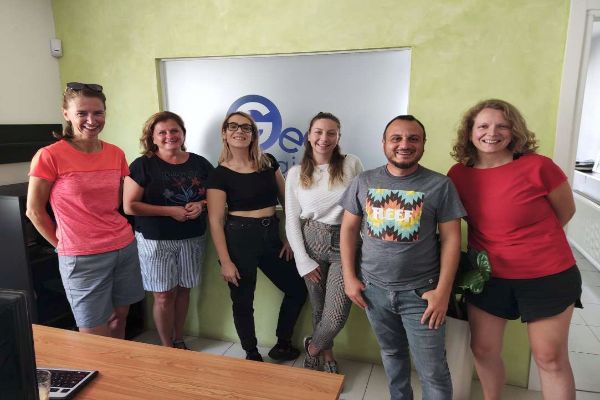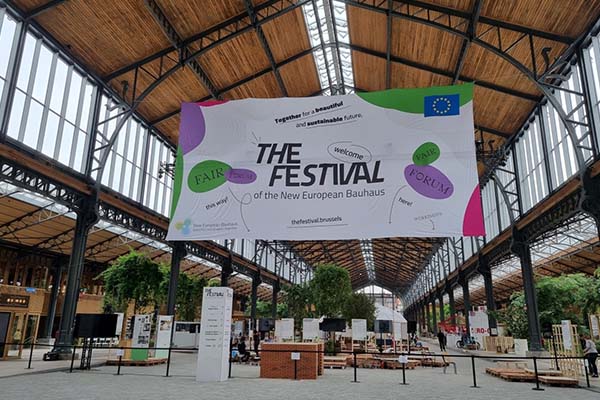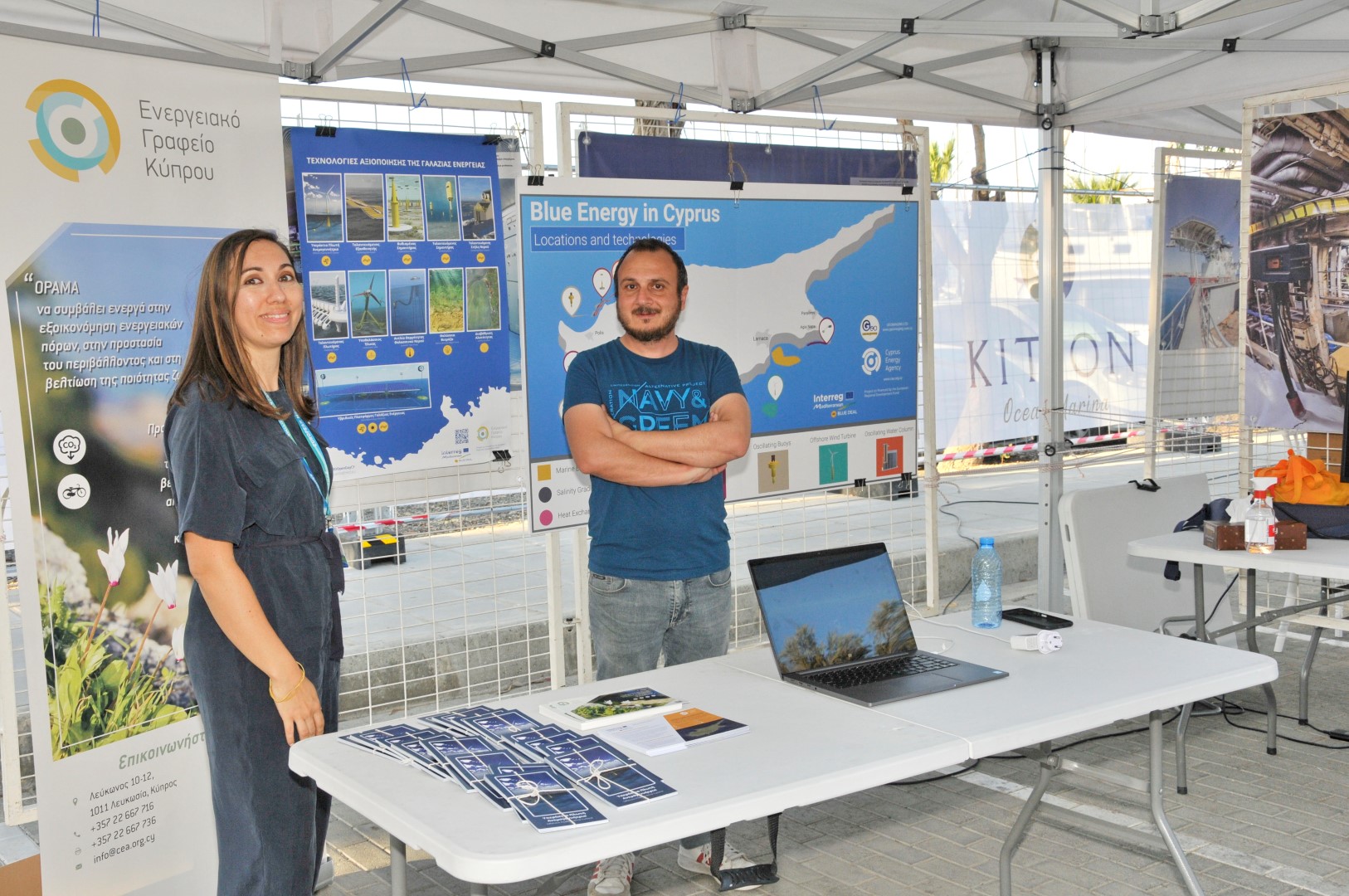Tackling Climate Change Challenges with CO2 PACMAN
University of Studies of Siena leads a new European project supporting Mediterranean island towards Carbon Neutral future
25 March 2024, Siena – From March 20 to 22, Siena hosted the kick-off meeting of the new European project CO2 PACMAN. The main objective is to guide Mediterranean islands towards climate neutrality. Within the broader context of the European Union’s efforts, the project addresses climate change challenges and promotes sustainable development. With an integrated approach, the partnership aims to translate the climate transition from a theoretical concept to a tangible reality, actively involving academic institutions, public administration, non-profit organization, businesses and citizens.
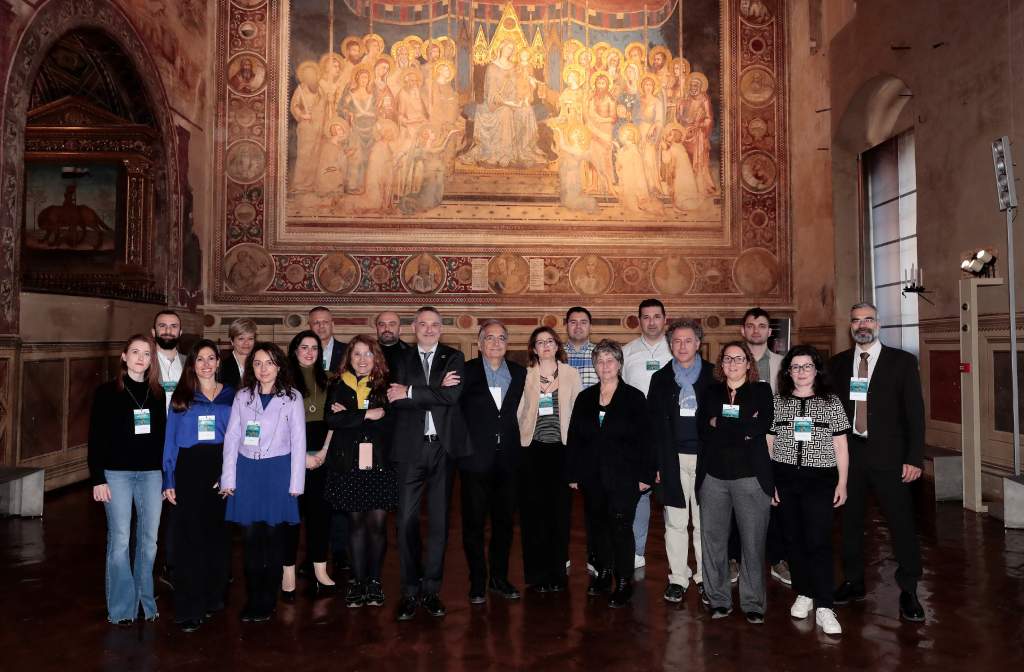
On the second day of the meeting, a roundtable session focused on success stories in decarbonization processes and on the fight against climate change. Speakers included: Simone Bastianoni, with the project “Carbon Neutral Siena”; Aggelos Fragkakis, Mayor of Chalki Island, presented the “GR-Eco Islands” initiative; Theocharis Tsoutsos, from the Technical University of Crete, discussed the sustainable siting of renewable energy power plants, focusing on offshore wind farms in the Crete region; Giorgio Cucè, President of SEARES, and Andrea Novas, Head of the Research Department at the startup Rotary Wave, presented the projects awarded the Blue Deal Open Innovation prize; Tibor Bešenić, from The International Centre for Sustainable Development of Energy, Water and Environment Systems presented the Yenesis project (Youth Employment Network for Energy Sustainability in Islands), funded by EEA and Norway Grants; Vanna Giunti, Councilor for Tourism of the Municipality of Siena, discussed the international certification for sustainable tourism obtained by the city of Siena; Stavroula Tournaki Head of the European Projects Division at ReSEL of the Technical University of Crete, presented the simplified mobility planning in small island tourist destinations, through the case studies of Rethymno and Platanias, in Crete.
The CO2PACMAN project is funded with 2.8 million euros by the Interreg Euro-MED Programme, a territorial cooperation program that aims to facilitate the digital and ecological transition in the Mediterranean area. Started in January 2024, it will run for a period of 33 months. It is coordinated by the Ecodynamics Group of the University of Siena and involves 10 partners from 7 European countries: Spain, Italy, Croatia, Greece, Bosnia-Herzegovina, Bulgaria, and Cyprus. The partnership includes 3 prestigious universities (University of Siena, University of Florence, Technical University of Crete), 3 public bodies (European Public Law Organization, Development Agency of the Una-Sana Canton, Split-Dalmatia County), 2 non-profit organizations (The International Centre for Sustainable Development of Energy, Water and Environment Systems, Green Industry Innovations and technology transfer Foundation), 1 business support organization (European Business and Innovation Centre of Valencia) and a Small-Medium Enterprise (Geolmaging).
The CO2 PACMAN project aims to integrate scientific and technical information into an innovative system of communication and social engagement, which is meant to be clear and replicable, through the use of new visualization tools that will make it possible to perceive, away from fake news, the effects of the mitigation strategies that will be adopted. These tools will be fundamental for planning the steps towards climate neutrality of the islands involved
Professor Simone Bastianoni, scientific coordinator of the project, stated: “With CO2 PACMAN we will address the challenges of climate change mitigation and adaptation, providing knowledge and guidelines for implementing integrated strategies and policies. The aim is also to strengthen the capacity to provide tools for implementing decarbonization plans to Public Administrations, so that they can design their own transition taking into account the specificities of the territories and the citizens. In pursuing this mission, the partnership is also committed to raising awareness among citizens and students about the opportunities linked to the transition to a Carbon Neutral economy.”
This ambitious project aims to provide active support to Mediterranean islands in their journey towards environmental sustainability. International collaboration becomes essential to achieve the targeted goals and address the global challenges of climate change. The project activities will focus on three specific islands: Brac in Croatia, Crete in Greece, and Elba in Italy.

